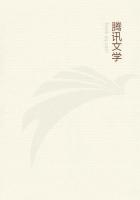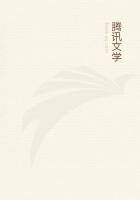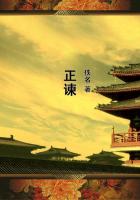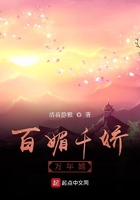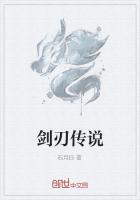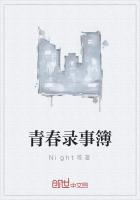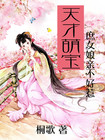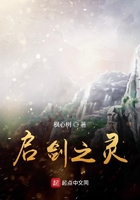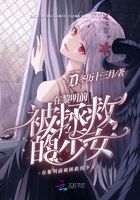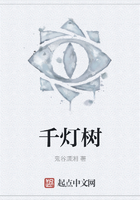IT was a warm, rainy, autumn day. The sky and the horizon were all of the uniform tint of muddy water. Sometimes a mist seemed to be falling, and sometimes there was a sudden downpour of heavy, slanting rain.
Denisov, in a long cape and a high fur cap, both streaming with water, was riding a thin, pinched-looking, thoroughbred horse. With his head aslant, and his ears pricked up, like his horse, he was frowning at the driving rain, and anxiously looking before him. His face, which had grown thin, and was covered with a thick, short, black heard, looked wrathful.
Beside Denisov, wearing also a long cape and a high cap, and mounted on a sleek, sturdy Don horse, rode the esaul, or hetman of the Cossacks—Denisov’s partner in his enterprises.
The esaul, Lovaisky the Third, also in a cape, and a high cap, was a long creature, flat as a board, with a pale face, flaxen hair, narrow, light eyes, and an expression of calm self-confidence both in his face and his attitude. Though it was impossible to say what constituted the peculiarity of horse and rider, at the first glance at the esaul and at Denisov, it was evident that Denisov was both wet and uncomfortable; that Denisov was a man sitting on a horse; while the esaul seemed as comfortable and calm as always, and seemed not a man sitting on a horse, but a man forming one whole with a horse—a single being enlarged by the strength of two.
A little ahead of them walked a peasant-guide, soaked through and through in his grey full coat and white cap.
A little behind, on a thin, delicate Kirghiz pony with a flowing tail and mane, and a mouth flecked with blood, rode a young officer in a blue French military coat. Beside him rode an hussar, with a boy in a tattered French uniform and blue cap, perched upon his horse behind him. The boy held on to the hussar with hands red with cold, and kept moving his bare feet, trying to warm them, and lifting his eyebrows, gazed about him wonderingly. This was the French drummer, who had been taken in the morning.
Along the narrow, muddy, cut-up forest-track there came hussars in knots of three and four at a time, and then Cossacks; some in capes, some in French cloaks; others with horse-cloths pulled over their heads. The horses, chestnut and bay, all looked black from the soaking rain. Their necks looked strangely thin with their drenched manes, and steam rose in clouds from them. Clothes, saddles, and bridles, all were sticky and swollen with the wet, like the earth and the fallen leaves with which the track was strewn. The men sat huddled up, trying not to move, so as to keep warm the water that had already reached their skins, and not to let any fresh stream of cold rain trickle in anywhere under their seat, or at their knees or necks. In the midst of the file of Cossacks two waggons, drawn by French horses, and Cossack saddle-horses hitched on in front, rumbled over stumps and branches, and splashed through the ruts full of water.
Denisov’s horse, in avoiding a puddle in the track, knocked his rider’s knee against a tree.
“Ah, devil!” Denisov cried angrily; and showing his teeth, he struck his horse three times with his whip, splashing himself and his comrades with mud. Denisov was out of humour, both from the rain and hunger (no one had eaten anything since morning); and, most of all, from having no news of Dolohov, and from no French prisoner having been caught to give him information.
“We shall never have such another chance to fall on the transport as to-day. To attack them alone would be risky, and to put it off to another day—some one of the bigger leaders will carry the booty off from under our noses,” thought Denisov, continually looking ahead, and fancying he saw the messenger from Dolohov he expected.
Coming out into a clearing from which he could get a view to some distance on the right, Denisov stopped.
“There’s some one coming,” he said.
The esaul looked in the direction Denisov was pointing to.

